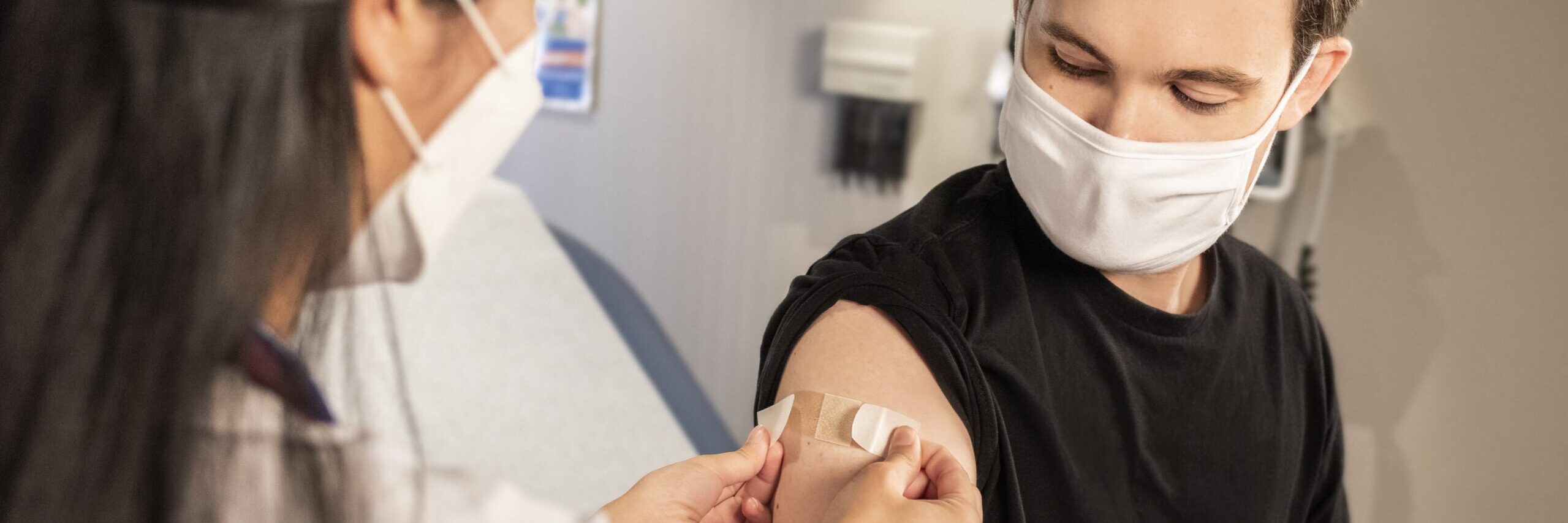UK company Emergex is about to undertake clinical trials for a skin patch that may offer longer immunity against Covid-19 than current vaccines. If successful, the vaccine could protect against all coronaviruses.
The skin patch vaccine would activate T-cells to target infected cells in the early stages of infection. From there, it is hoped the vaccine would eliminate the disease before it may be passed on. Emergex hopes the vaccine will not only stop infection before its spread, but also result in longer-lasting immunity against the virus.
Emergex has been approved to begin clinical trials, starting with 26 individuals receiving either high or low doses of the vaccine. The trials will take place in Lausanne, Switzerland.
“This is the first time a regulator has approved a Covid vaccine to go into clinical trials whose sole purpose is to generate targeted T-cell response in the absence of an antibody response and those T-cells look for infected cells and kill them,” Emergex chief commercial officer Robin Cohen told The Guardian.
T-cells are a type of white blood cell that can control immune responses. These cells have been associated with “abortive infection” in some individuals. In a study observing healthcare workers in London throughout the pandemic, findings suggested an increase in T-cells among those who showed no sign of Covid infection.
It was determined that these workers had not completely avoided becoming infected, but rather they were experiencing low-level infections undetected by tests and generating Covid-specific T-cells. Having these cells allows the body to recognise and fight the infection earlier.
Professor Blaise Genton will conduct the human clinical trials.
“This exciting new scientific approach to developing a vaccine against Sars-CoV-2 addresses the need to generate a T-cell response to elicit long-term immunity,” said Professor Genton.
The clinical trials will begin in January 2022, with interim results slated for release six months later. If successful, the patch could be widely released sometime after 2025.
Please support us by liking and following this page so we may continue to publish impartial news coverage.





